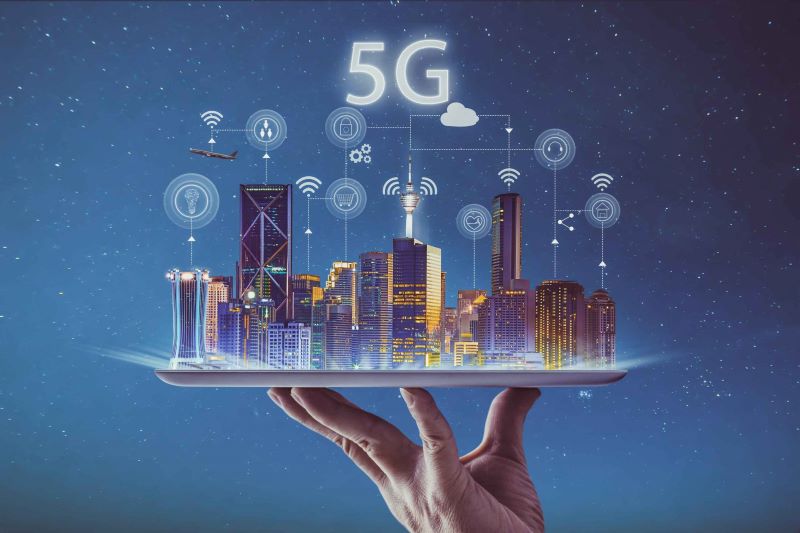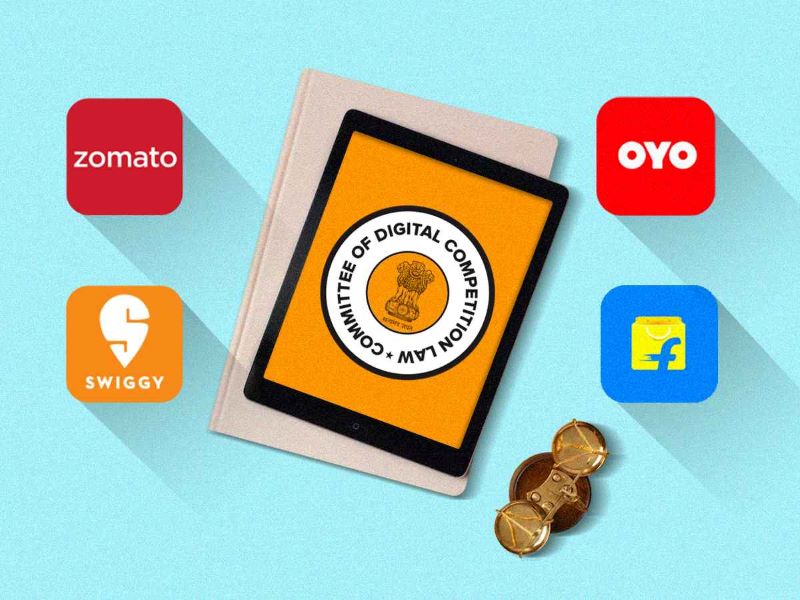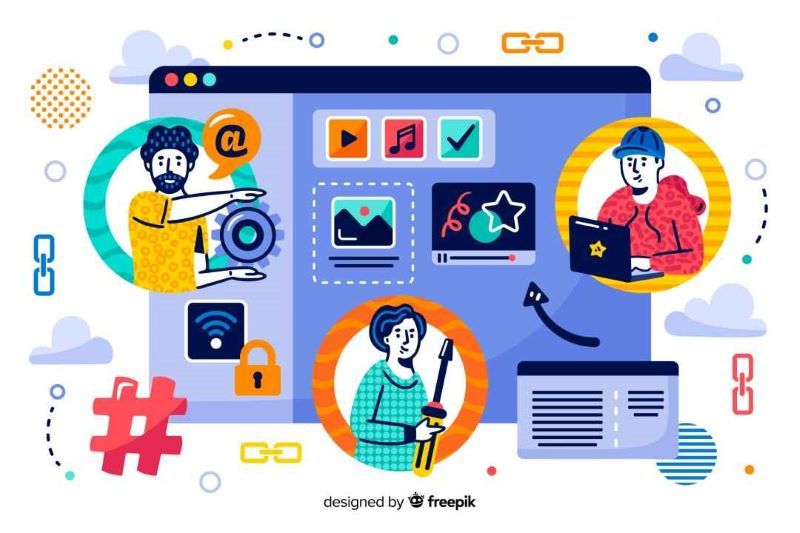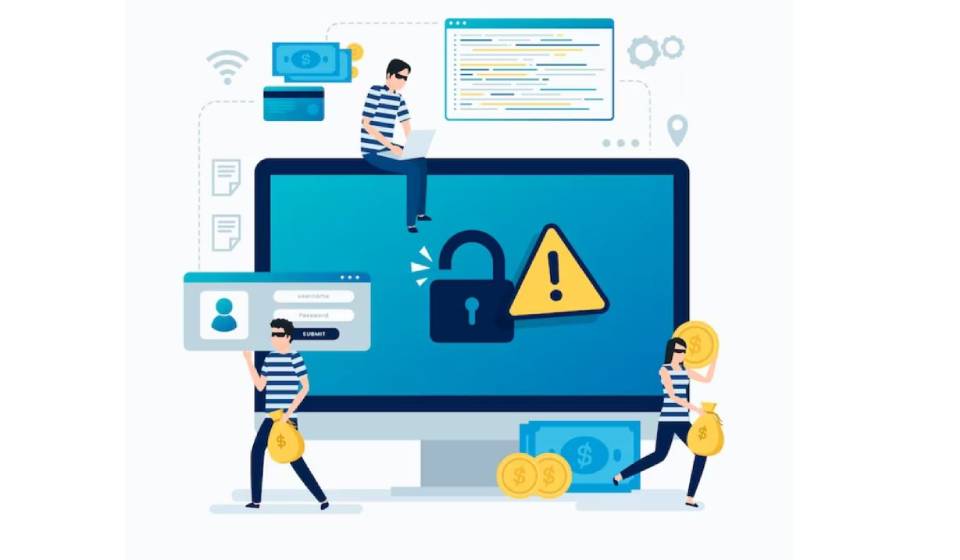Emerging technologies for digital economy platforms are changing the game. Imagine shopping online with complete trust in every transaction, seeing exactly what you need pop up like magic, or having your every whim catered to in an instant. These are not scenes from a sci-fi novel; they’re the real deal, thanks to new tech powering today’s fastest-growing marketplaces. Stay here to see how blockchain bolsters security, AI fine-tunes your shopping experience, and IoT with 5G speeds up everything in between. Jump into the future with us as we unpack the tech taking digital economy giants to towering new heights.
Integrating Blockchain for Enhanced Platform Security and Efficiency
Boosting Trust with Decentralized Ledger Technology
Blockchain isn’t just for crypto. It secures all we do online. Picture a book. Everyone writes in it. No one can erase it. This is blockchain. Now, think of buying online. You want it safe, right? Blockchain does this. It lets buyers and sellers see everything without worry. It’s like a trust machine for digital platforms.
Each entry or “block” locks tight to the last one. This chain stops sneaky changes. So, your sale or purchase stays just as it was. No one can mess with it. It’s open to see, but tough as nails. For your shop or marketplace, it makes trust easy.
The Role of Smart Contracts in Ensuring Tamper-Proof Transactions
Deals can be tricky. But what if they worked like magic? That’s smart contracts for you. When you buy something, the rules are in the deal. No ifs or buts. If you pay, you get your item. If not, the deal waits. It’s like a robot deal maker. You agree, it does the rest. It checks everything, so no mistakes happen.
Smart contracts live on the blockchain. They’re bits of code. They watch over deals. If you follow the rules, they give the “okay.” This means every step is fair. It’s good for businesses and customers. No lies, no cheats.
No middlemen needed. This saves time and cash. And guess what? No paper! It’s all digital, lightning-fast, and green. This tech is changing trade. It makes it clean and fast. It’s a game-changer, taking the guesswork out. You get what you expect, every time.
AI and Machine Learning: The Smart Engines of E-Commerce
AI-Powered Personalization and Recommendation Systems
Shopping online gets better every day, all thanks to AI. Imagine walking into a store where the shelves rearrange themselves just for you. That’s what AI does on e-commerce sites. It studies what you like. When you return, it shows you things you might want. Cool, right?
Let’s say you’re shopping for books online. AI tracks the books you look at, the ones you buy, and how long you browse. It then suggests other books you might enjoy. This smart system helps you find great books without a long search. AI makes shopping fast and fun!
AI gets to know you so well; it’s like a friend who knows your style. This friend helps you pick out clothes, gadgets, and even groceries. AI does this by using your past choices to guess what you’ll like next. So if you buy a science fiction book, AI might show you a new sci-fi game.
Now, let’s talk clothes. Say you’re looking for a new jacket. AI remembers the colors and styles you’ve bought before. It shows you jackets that fit your taste. No time wasted on things you don’t like.
Machine Learning for Fraud Detection and Predictive Analytics
Now, keeping your shopping safe is a big deal, too. Here’s where machine learning comes in. It’s like a superhero that fights online shopping bad guys. It watches over every transaction. If it sees something fishy, it stops it right away. Your money stays safe.
For example, if someone from a different country tries to buy something with your card, machine learning spots this. It knows you don’t usually buy things from there. It can block the buy or ask if it’s really you.
Predicting what you’ll do next is another awesome part of machine learning. Businesses love this. It lets them plan better, so the stuff you want is always in stock. If a business knows what you and others might buy, they keep enough on hand. You get your stuff on time, and the business stays your favorite.
Imagine you always buy dog food every month. The store can make sure the dog food you like is always there. And if it sees most people buy more toys near holidays – they’ll get ready. Your pet gets treats, and no sad puppy eyes waiting for a backorder!
AI and machine learning make things cool for both shoppers and stores. They make online shops smart, like they know you personally. They keep your money safe while they’re at it. With these smart engines, shopping’s not just something you do. It’s a whole experience that keeps getting better.
IoT and 5G: Revolutionizing Data Flow in Digital Marketplaces
Real-Time Insights and Inventory Management with IoT
Internet of Things, or IoT, is big news in digital marketplaces. It’s like having a superpower. With tiny sensors, businesses track products anytime, anywhere. Ever wonder how a store never runs out of your favorite items? IoT is the secret.
It works non-stop, checking inventory and sharing info. This means less waiting for the stuff we love. For a store, it means happy customers and sales that keep climbing. No more guessing how many sneakers or toys to stock. Data tells the story, making sure shelves are never bare.
Now, let’s dive even deeper, shall we? Imagine a smart fridge that knows when you’re out of milk. It tells the store, and boom, they get it ready for you. Or a warehouse where robots move goods, guided by IoT. This isn’t a sci-fi plot, it’s real and it’s here, thanks to IoT in digital marketplaces.
Enhancing Mobile Commerce with 5G Network Capabilities
Next up, let’s gear up and zoom into the world of 5G. In mobile commerce, speed is king, and 5G wears the crown. With it, your phone connects faster than the wink of an eye. Shopping online? Pages load in a flash, videos stream without that annoying buffering, and buying is a tap away.
Mobile shopping relies on quick, smooth internet. That’s where 5G comes in. It’s like swapping out a old bike for a super-fast rocket. Everything in your digital shopping trip, from browsing to buying, becomes lightning-quick.
Here’s something cool to think about: with 5G, a tailor in New York could show a dress to a shopper in Tokyo, in real-time, no glitches. That’s the kind of world we live in today. Whether you’re paying bills, ordering sneakers or streaming the big game, all of it gets a turbo boost from 5G.
In conclusion, our shopping experiences are getting smarter and much faster. IoT gives us the low-down on our favorite products, and 5G keeps us plugged in without a hiccup. Together, they’re not just changing the game, they are the game. The future of digital marketplaces rides on these tech titans.
Data-Driven Decision Making in the Digital Economy
Leveraging Big Data and Analytics for Customer Insights
Big data and analytics turn numbers into stories. They reveal what customers love. They highlight what customers avoid. Data shows us trends and patterns. It predicts what might sell out fast. Or what nobody will click on.
Why does this matter in e-commerce? Because shops that know their customers can sell more wisely. They learn what you want before you ask. Imagine: you visit a store online. Instantly, you see what you like. It’s not chance. It’s data science at work. That’s the power of data analytics in digital services.
Ever wonder how Netflix knows what you want to watch? That’s big data! It’s AI, learning from what everyone watches. Then, it guesses your next favorite show. If you run an online shop, you can do something similar. Use data to suggest products. Make shopping easy and fun. That’s artificial intelligence for e-commerce.
Cloud Computing Solutions for Scalability and Performance
Cloud computing for digital economy is like having a superpower. It lets small businesses use big tech. It helps online stores stay open even when lots of people visit. Imagine a sale so big your website might crash. But it doesn’t, because cloud power steps in!
Clouds store your data up high, safe from harm. They let you grow without buying lots of computers. They keep your shop fast, your customers happy. Say a customer buys a dress. They pay, you pack, it ships. Smooth and simple. That’s because of the cloud’s magic.
And what about when things go wrong? Say a hacker tries to cause trouble. Cloud security is tough. It’s like a shield for your data. That gives you peace of mind. Customers trust you more when they know their info is safe. Cloud computing has your back there, too.
Let’s not forget mobile shoppers. They’re everywhere, buying on their phones. They expect speed. They won’t wait for slow pages to load. Thanks to cloud computing, they don’t have to. It’s quick, it’s there – that’s cloud work for you. Remember how 5G technology for platform connectivity changed things? Cloud and 5G together? Now that’s a speedy duo.
So, when shops use clouds, they play it smart. They save money on tech. They handle busy days like pros. They keep shoppers coming back. It all adds up to one thing: a thriving digital store. And isn’t that the goal for us all in this digital economy?
You see, using these amazing tech tools — big data, analytics, cloud computing — isn’t just for the big players anymore. It’s for every smart business out there. And that’s how the next wave of digital economy giants will power up, stay secure, and win customers. It’s a tech-driven world, and we’re all part of it.
In this post, we dove deep into how cutting-edge tech like blockchain, AI, IoT, and big data can transform e-commerce platforms. We explored blockchain for security and smart contracts for safe deals. AI helps show buyers what they like, and machine learning fights fraud. IoT gives us updates in a flash, while 5G speeds up shopping on phones. Lastly, big data gives us shopper clues, and the cloud lets e-commerce grow fast.
My final take? These tools aren’t just cool; they’re must-haves for any online business aiming to stay on top. They make shopping safer, smarter, and way faster. So, keeping up with these tech trends isn’t an option—it’s key to winning in the digital shopping race. Let’s use these tech tools to build e-commerce platforms that are not only strong but also super smart.
Q&A :
What are some examples of emerging technologies shaping digital economy platforms?
Emerging technologies are pivotal in shaping the future landscape of digital economy platforms. Key examples include Artificial Intelligence (AI) and Machine Learning (ML) algorithms, which can personalize user experiences and optimize operations. Blockchain technology offers enhanced security and trust through decentralized record-keeping. Additionally, the Internet of Things (IoT) integrates physical objects into digital infrastructures, enabling better data collection and insights. Other notable technologies contributing to this advancement are 5G networks, which enhance connectivity and data transfer speeds, and Augmented Reality (AR) or Virtual Reality (VR), which can create immersive experiences for consumers.
How do emerging technologies contribute to the growth of the digital economy?
Emerging technologies fuel the growth of the digital economy by increasing efficiency, creating new opportunities for innovation, and driving customer engagement. For instance, AI and analytics can predict market trends and optimize supply chains, reducing overheads and increasing profitability. Automation and robotics streamline production, reducing the time to market for digital services. Through enhanced connectivity, companies can reach wider audiences, improve customer service through chatbots and intelligent systems, and make informed decisions with real-time data. The integration of these technologies fosters a robust and dynamic environment, where digital economy platforms can thrive.
In what ways is blockchain influencing digital economy platforms?
Blockchain technology is influencing digital economy platforms primarily by offering a secure and transparent infrastructure for transactions. It allows for the creation of ‘smart contracts’ that automate the execution of contracts without intermediary oversight, reducing fraud and errors. Blockchain’s ability to provide immutable, time-stamped records of transactions builds trust among users. Moreover, as blockchain operates over a decentralized network, it reduces the risk of data breaches and hacking, thus strengthening platform security. Additionally, blockchain paves the way for cryptocurrencies to be used as a payment method within digital economies, thus expanding the scope of financial transactions on these platforms.
Are there any challenges associated with integrating emerging technologies into digital economy platforms?
The integration of emerging technologies into digital economy platforms comes with several challenges. Technical complexities and a lack of standardization can hamper seamless integration. Upfront costs and investment in infrastructure can be significant, especially for startups and small businesses. Potential security vulnerabilities associated with new technologies can also pose risks, particularly in their early stages of adoption. There is also a skills gap, as the workforce may need re-training to adapt to the new technologies. Furthermore, regulatory and compliance issues often lag behind technological advancements, creating a challenging environment for businesses to navigate.
How will 5G networks transform digital economy platforms?
5G networks are set to transform digital economy platforms by enabling faster and more reliable internet connectivity. This quantum leap in speed and reduction in latency compared to 4G will allow for the handling of massive amounts of data effortlessly, which is crucial for technologies like AI, IoT, and VR/AR. For digital platforms, this means being able to offer more complex and responsive services, such as real-time data analytics, enhanced mobile commerce, and improved user experiences with high-definition content streaming. The higher capacity of 5G networks will also support the growth of smart cities and autonomous vehicles, both of which are poised to be significant components of the future digital economy.





